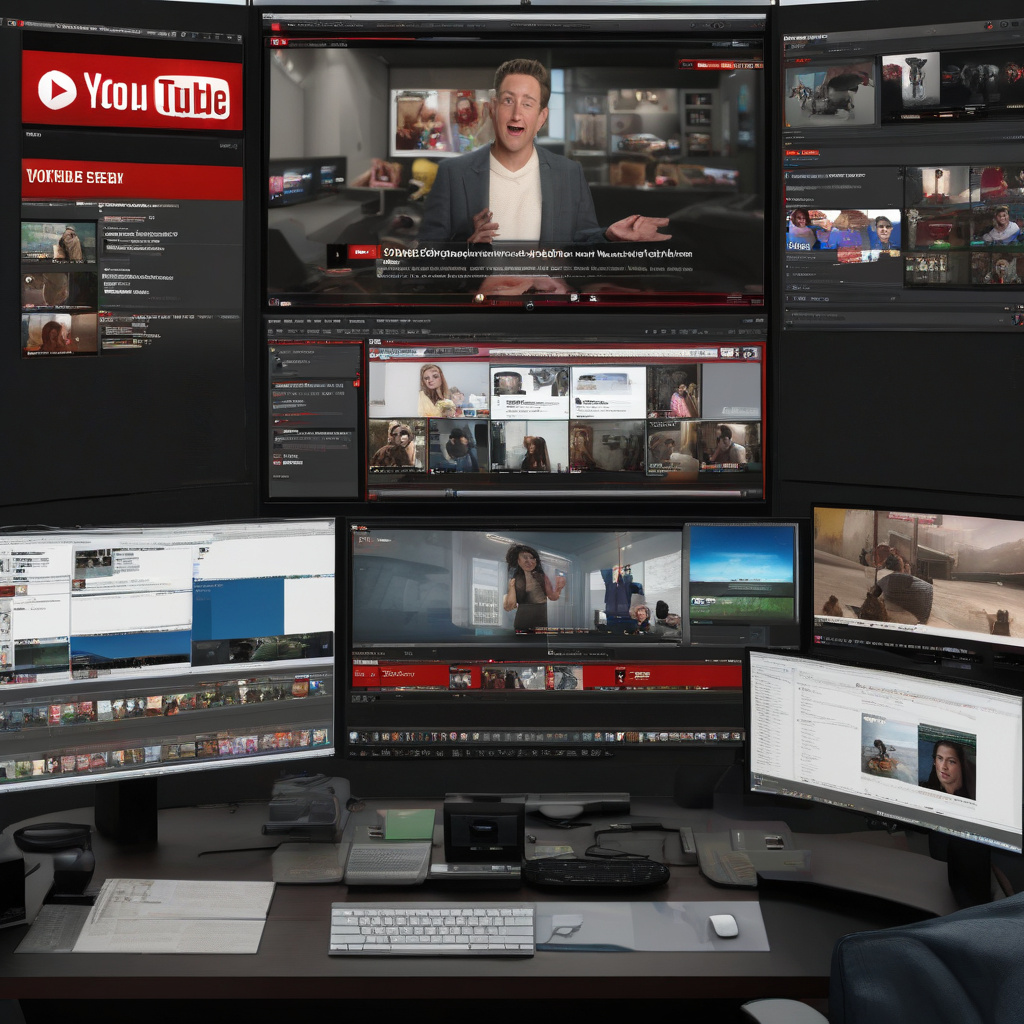YouTube’s recent decision to relax its profanity rules for monetized videos marks a significant shift in its content guidelines. This update allows creators more freedom in their content while still ensuring a level of advertiser-friendly standards. By permitting profanity within the first seven seconds of a video, YouTube acknowledges the evolving landscape of online content creation and the diverse preferences of its audience.
This change reflects YouTube’s recognition of the growing influence of creators who may use profanity as part of their authentic communication style. Allowing swearing in the initial moments of a video gives creators the flexibility to express themselves while also giving viewers a clear upfront indication of the video’s tone. This transparency can help manage viewer expectations and potentially reduce instances of audience backlash.
Creators now have the opportunity to engage with their audience in a more genuine way, knowing that they can incorporate profanity strategically without jeopardizing monetization. This shift may encourage creators to experiment with different forms of expression and storytelling, ultimately leading to more diverse and engaging content on the platform.
While some viewers and advertisers may still prefer a more sanitized content environment, YouTube’s decision to adjust its profanity rules demonstrates a willingness to adapt to the changing dynamics of online content consumption. By finding a balance between creative freedom and advertiser concerns, YouTube aims to create a more inclusive space for diverse content creators to thrive.
As creators navigate these updated guidelines, it is essential for them to consider their audience demographics and preferences. Understanding the impact of language choices on viewer engagement and retention can help creators make informed decisions about incorporating profanity into their content. Additionally, maintaining authenticity and staying true to one’s unique voice remains crucial in building a loyal audience base.
In conclusion, YouTube’s decision to loosen its profanity rules for monetized videos opens up new possibilities for creators to express themselves authentically while still respecting advertiser guidelines. This shift reflects YouTube’s commitment to supporting a diverse range of content creators and acknowledging the changing landscape of digital content consumption. As creators embrace this opportunity, they can leverage the flexibility provided by these updated rules to engage with their audience in more meaningful ways and drive innovation in online content creation.

